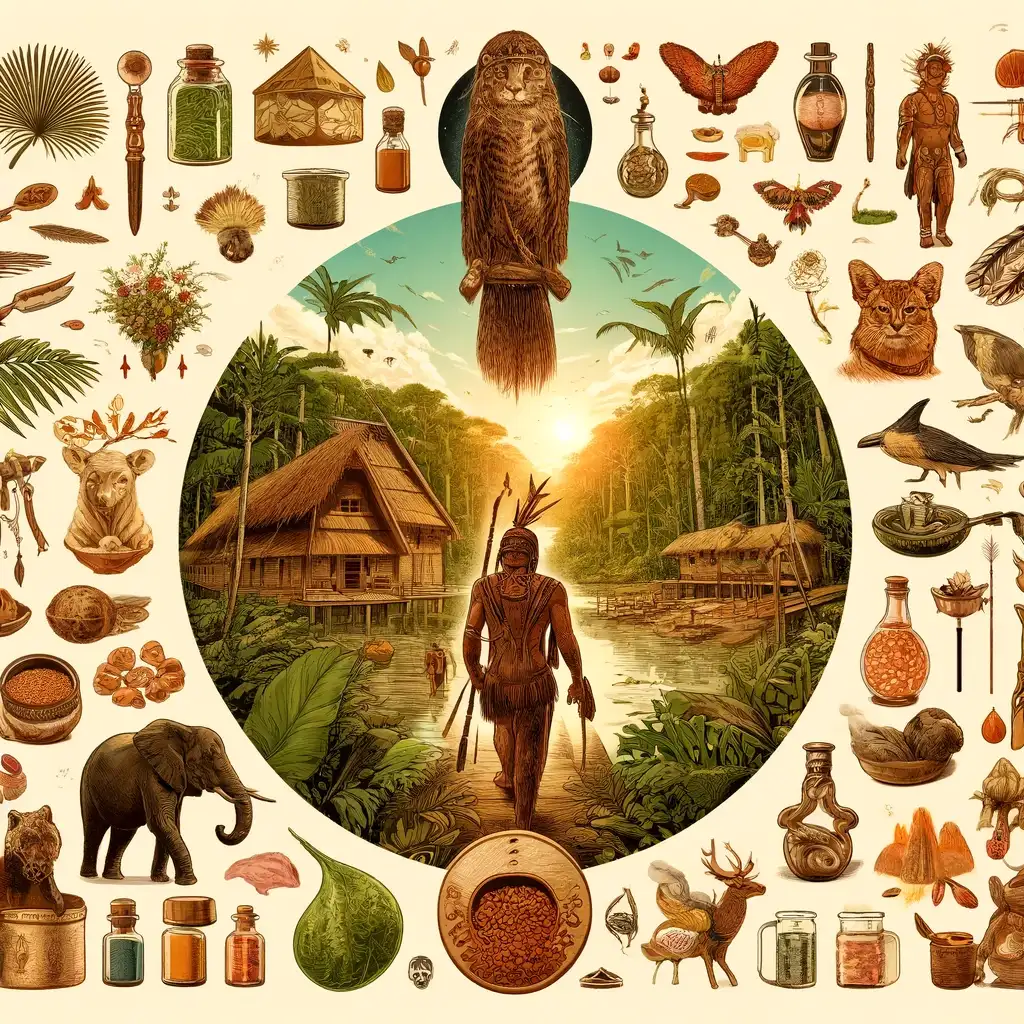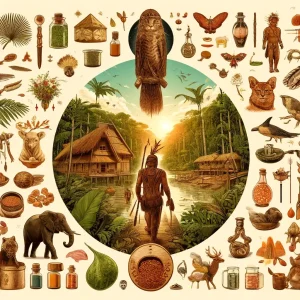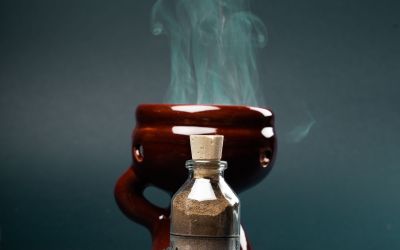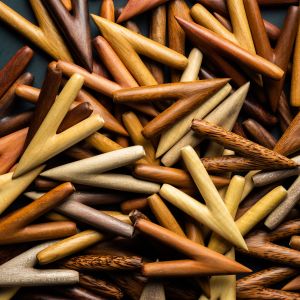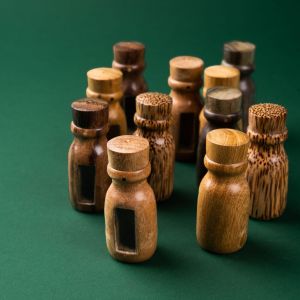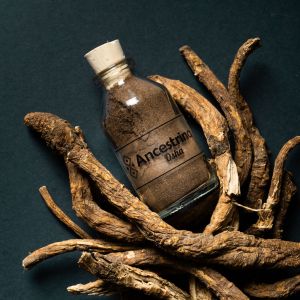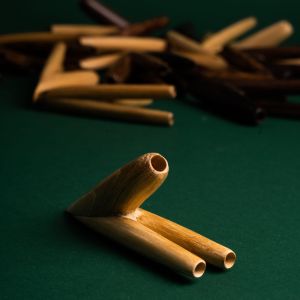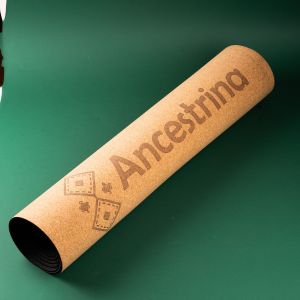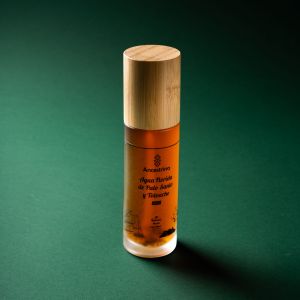History of Resilience
The Kuntanawa, an indigenous group from the Alto Juruá region of Acre, Brazil, faced intense persecution that nearly led to their extinction during the boom in rubber exploitation in the 19th and early 20th centuries. Yet, against all odds, they have managed to preserve and reaffirm their cultural identity through the generations.
Survival and Identity Claim
The descendants of the Kuntanawa, initially known as “Milton's caboclos,” have fought for ethnic recognition and the demarcation of their territory within the Alto Juruá Extractive Reserve. This effort has been in part thanks to the resumption of ancestral cultural practices such as ayahuasca and snuff rituals, essential elements in their cultural renaissance.
The Kuntanawa Ethnonym
The name “Kuntanawa,” which means “coconut people,” reflects their deep connection to nature and their surroundings. This term has evolved over time, reflecting the community's adaptation and resilience in the face of external challenges and internal changes.
Ayahuasca: Bridge to Tradition
Since the 1960s, ayahuasca has played a crucial role in revitalizing the Kuntarawa culture. Through this sacred drink, they have rediscovered and revalued ancient traditions, allowing new generations to explore their heritage through astral travel and shamanic practices under the guidance of Asháninka shamans.
Shamanism and Cultural Revival
Kuntanawa shamanism has emerged as a mainstay in the community, with young people learning to “listen” to nature and express their identity through body paintings, songs, and knowledge passed down in rituals. Ayahuasca has not only reinforced their ethnic identity but has served as a powerful mechanism of subjectivation and cultural resistance.
Challenges and Future
Despite their cultural renaissance, the Kuntanawa continue to face challenges in preserving their land and identity in the face of external pressures and climate change. However, her story is a testament to the power of resilience and the importance of keeping ancestral traditions alive.

